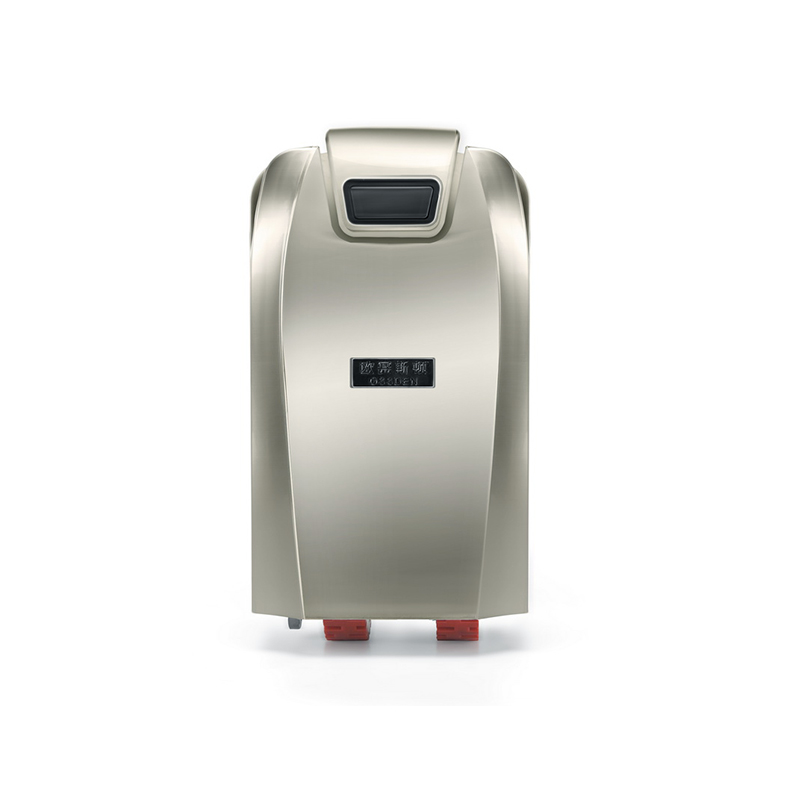What is the average lifespan of a heavy-duty gate opener?
Heavy-duty gate openers are designed to provide reliable and long-lasting operation for residential, commercial, or industrial gates. These robust devices are built to withstand frequent use and varying weather conditions. However, like any mechanical system, gate openers have a finite lifespan. In this article, we will delve into the factors that influence the average lifespan of a heavy-duty gate opener, helping users understand the longevity of these essential gate automation components.

1. Quality of Construction and Components:
The quality of construction and components used in a heavy-duty gate opener significantly affects its lifespan. Gate openers made with durable materials, such as high-grade metals and corrosion-resistant coatings, tend to have a longer lifespan than those made with lower-quality materials. Similarly, reliable motors, gears, and control boards contribute to the overall durability and longevity of the gate opener.
2. Frequency of Use:
The frequency of gate operation plays a significant role in determining the lifespan of a heavy-duty gate opener. Gate openers designed for heavy-duty applications are built to handle frequent use, but excessive operation beyond their recommended capacity or continuous operation without proper rest intervals can accelerate wear and tear. It is essential to consider the duty cycle and ensure that the gate opener matches the expected usage requirements.
3. Maintenance and Care:
Proper maintenance and care are crucial for extending the lifespan of a heavy-duty gate opener. Regular inspections, lubrication of moving parts, and cleaning of debris accumulation are essential maintenance tasks. Additionally, checking and tightening electrical connections, inspecting safety features, and addressing any signs of wear or damage promptly can help prevent further deterioration and ensure optimal performance.
4. Environmental Factors:
The environment in which a heavy-duty gate opener operates also affects its lifespan. Gate openers exposed to extreme temperatures, humidity, corrosive agents, or harsh weather conditions may experience accelerated wear and deterioration. Proper installation measures, such as protecting the opener from direct sunlight or harsh elements, can help mitigate environmental impact and prolong its lifespan.
5. Professional Installation and Repairs:
The quality of installation and repairs performed on a heavy-duty gate opener can significantly impact its lifespan. It is crucial to hire experienced professionals who adhere to manufacturer guidelines and industry standards during installation. Similarly, entrusting qualified technicians for any necessary repairs or replacements ensures that the gate opener is properly serviced and maintained, increasing its longevity.
Conclusion:
While the average lifespan of a heavy-duty gate opener can vary depending on several factors, a well-maintained and properly installed gate opener can typically last between 10 to 15 years or even longer. Factors such as construction quality, frequency of use, maintenance practices, environmental conditions, and professional installation and repairs all contribute to the lifespan of the gate opener. By understanding these factors and following recommended maintenance procedures, gate owners can maximize the lifespan of their heavy-duty gate openers, ensuring reliable and efficient operation for years to come.





